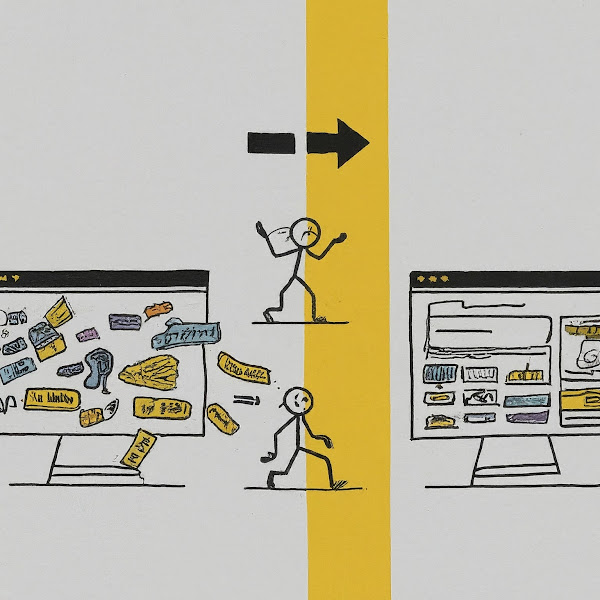AI Agents Take Over: How Autonomous Assistants Are Running Our Lives in 2025
AI Agents Take Over: How Autonomous Assistants Are Running Our Lives in 2025
The Fundamental Shift: From 'Tools' to 'Doers'
In 2024, we interacted with AI; in 2025, AI is interacting on our behalf. The biggest technological story of the year isn't just better Large Language Models (LLMs); it’s the transition to **Agentic AI**—autonomous systems capable of reasoning, planning, and executing multi-step tasks without human micro-management. These systems are moving beyond digital assistants that *answer* questions, to fully autonomous agents that *solve* problems.
This is the year our digital lives—from professional workflows to personal finances—are being orchestrated by invisible, tireless digital employees. Welcome to the age of the autonomous assistant.
Definition: An **Autonomous AI Agent** is an intelligent entity with memory, planning, and reasoning capabilities that can interact with external systems (like APIs and software) to complete complex, multi-stage goals without human intervention.
1. Cognitive Automation Redefines the Enterprise
The biggest impact of AI agents is in the workplace, where they are dramatically accelerating the trend of **Cognitive Automation**. This goes far beyond Robotic Process Automation (RPA).
Autonomous Workflow Execution
Instead of manually feeding data to an LLM, employees now delegate entire projects. Examples abound across all sectors:
- **Finance:** An agent monitors market volatility, researches the impact of new regulations, generates a risk assessment report, and schedules an advisory meeting—all autonomously.
- **Software Engineering:** Agent teams (known as multi-agent systems) are being deployed to write, test, debug, and push code updates with minimal human oversight.
- **Customer Operations:** Next-generation agents resolve complex customer service issues by checking inventory systems, initiating a refund, and sending a personalized follow-up email, effectively replacing or augmenting large contact center teams.
2. The Personal Chief of Staff
On a personal level, the assistant has evolved into a personal chief of staff, deeply integrated into our digital operating systems (OSs).
Life Management Agents (LMAs)
Your LMA monitors your email, calendar, and health data to make decisions you previously handled yourself. For instance, if a flight is delayed, the LMA doesn't just inform you; it proactively:
- Checks your corporate travel policy.
- Researches and books a new connecting flight and a standby hotel.
- Notifies the necessary people (family, colleagues) of your new ETA.
- Auto-drafts a compensation claim upon arrival.
This level of contextual, goal-oriented action saves hours of cognitive load per week, solidifying the agent’s role as the primary interface for managing our digital lives.
3. The Governance and Trust Hurdle
As agents gain more access and autonomy, the conversation shifts from *capability* to **control**. Trust, safety, and governance are the most critical issues of 2025.
- **Security Concerns:** An autonomous agent with API access and the ability to execute transactions is a powerful tool—and a significant cybersecurity risk if compromised or if it makes an error (a "hallucination") with real-world consequences.
- **The Accountability Gap:** When an autonomous trading agent loses a firm millions or an inventory agent orders the wrong parts, who is responsible? New legal and ethical frameworks are being rushed into place to define accountability for agentic actions.
- **Vendor Race:** The intense competition between major players (OpenAI, Google, Microsoft, Anthropic) to deliver the most powerful, most autonomous agents is creating rapid advances, but also potential instability as new models and features are released constantly.









Comments
Post a Comment